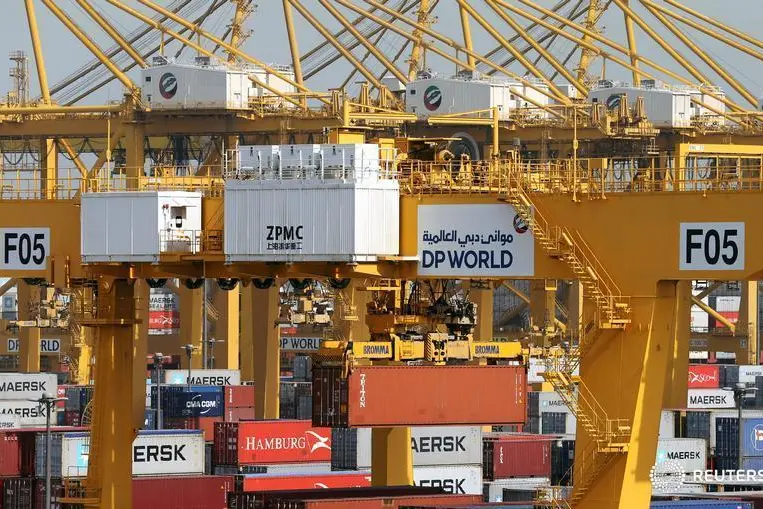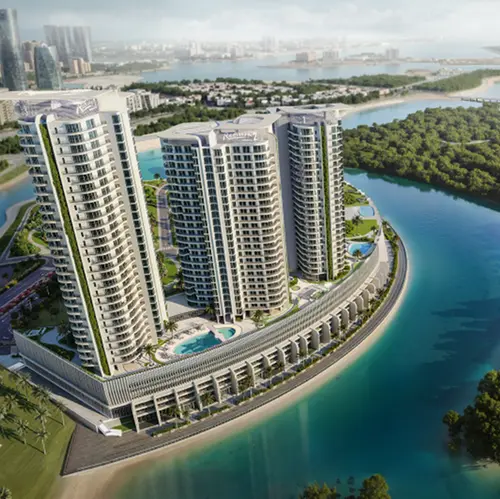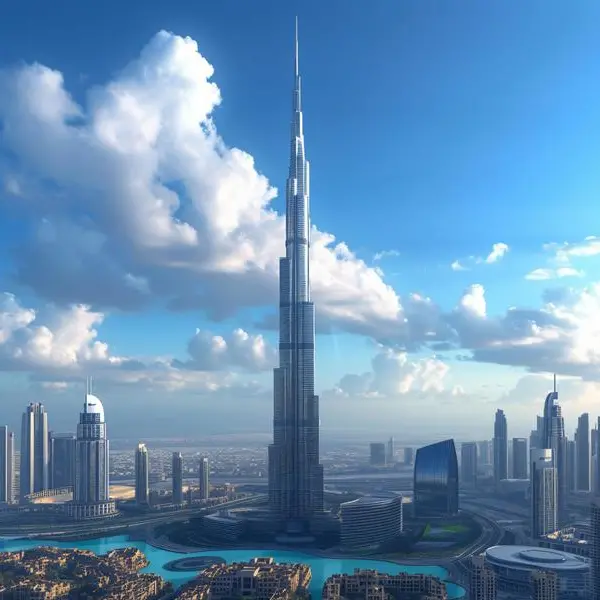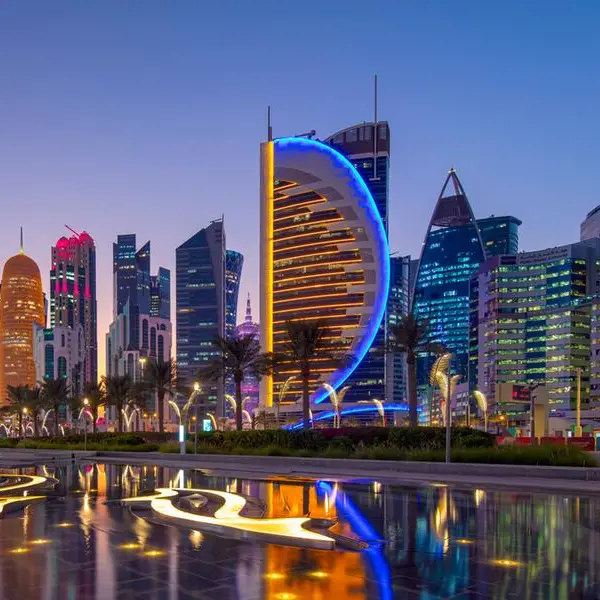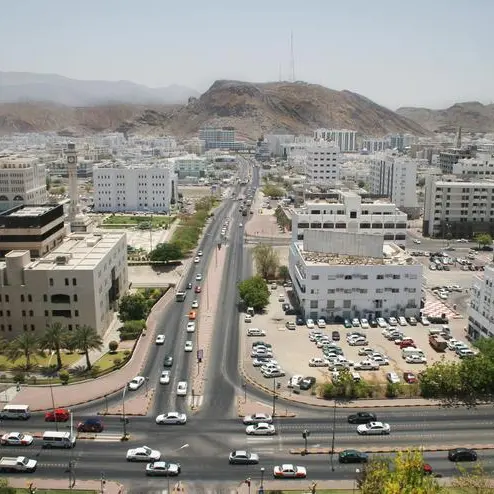PHOTO
Business activity in Dubai's non-oil private sector economy continued to expand in January, albeit at a slower pace, and outlook on future dimmed somewhat amid increased concerns of competition and worries about the impact of supply chain disruption in the Red Sea, a survey showed on Friday.
The headline S&P Global Dubai Purchasing Managers' Index (PMI) fell to 56.6 in January, from a 16-month high of 57.7 in December, marking the lowest reading since last September.
However, the index was still two points higher than the long-run average (54.6) and indicated a sharp improvement in operating conditions.
While the rate of growth in business conditions fell back from December's 16-month high, output and new orders expanded as client demand continued to rise. "The upturn spurred a further round of stockpiling and staffing gains, although the rise in employment was only marginal," the report said.
The survey covers the Dubai non-oil private sector economy, with additional sector data published for travel & tourism, wholesale & retail and construction.
The Dubai PMI data remained very positive at the beginning of the year, with output levels rising strongly on the back of healthy demand conditions and respective increases in new orders and purchasing, said David Owen, Senior Economist at S&P Global Market Intelligence.
"However, there are teething issues starting to appear. Competition is the main one, with surveyed businesses finding it increasingly difficult to drive sales growth as the market becomes crowded. Firms were often led to offer discounts on prices, which will likely squeeze profit margins."
Concerns regarding greater competition also had an impact on business expectations for the upcoming year. Among those surveyed, the degree of optimism fell to the lowest level since December 2022, with just 10% of survey respondents expecting a rise in output.
As well as fears of slower demand growth, some firms warned that greater supply chain disruption due to the Red Sea attacks could hinder activity moving forward.
"The Red Sea crisis also appears to be a growing risk to Dubai, especially if more companies experience delays on their shipments. Supply chain performance was only just in positive territory in January, with any escalation of the crisis likely to lead to longer wait times, higher costs and capacity constraints," said Owen.
Business optimism dropped particularly sharply in the construction and travel & tourism sectors, the report noted.
Although the rate of inflation crept up slightly from December's five-month low, cost pressures in the non-oil economy were fairly subdued in January.
"This came in spite of some reports that longer shipments had led to an increase in transport costs, as well as evidence of upward salary revisions. This helped firms to continue offering discounts on their products, resulting in another solid decrease in overall selling prices."
(Writing by Brinda Darasha; editing by Seban Scaria)
